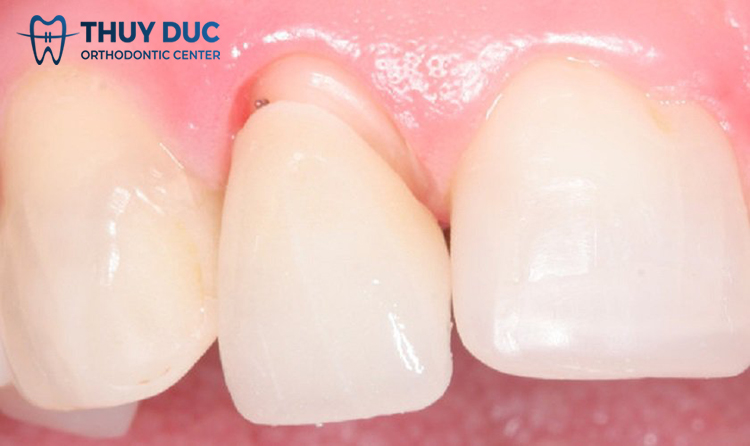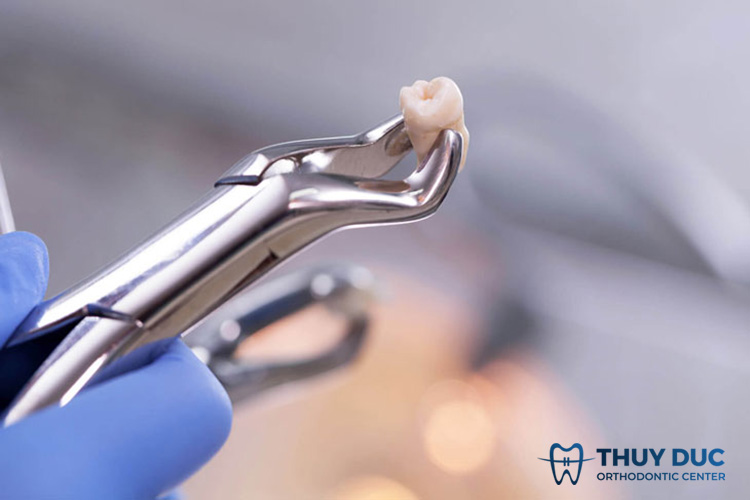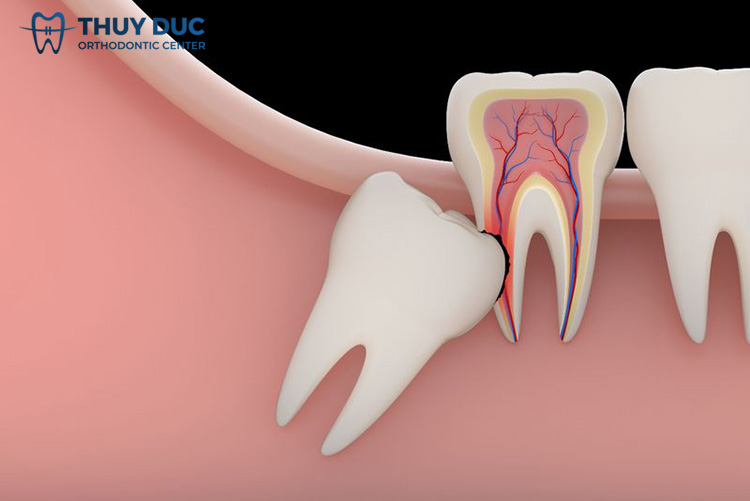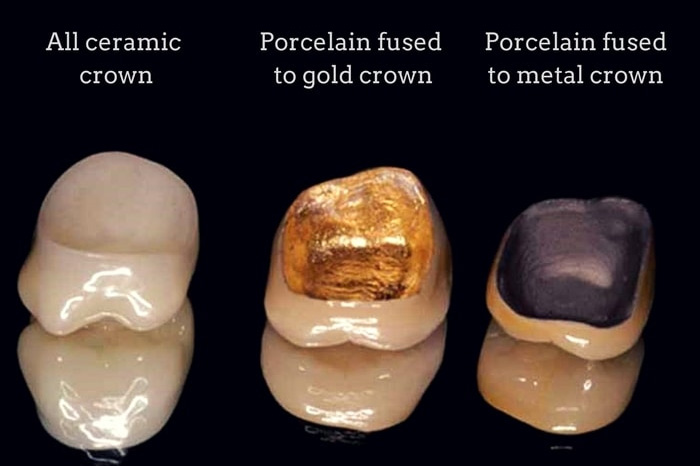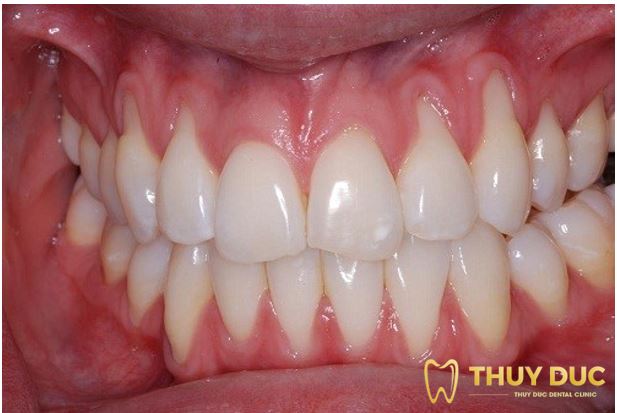Severe dengue fever is often accompanied by bleeding gums and some lesions in the oral cavity. Worried that the condition will become more complicated, some people have stopped brushing their teeth and replaced it with other measures. However, is this action really correct? Below, doctors will directly answer the question: Should you brush your teeth if you have dengue fever to help everyone understand better?
Table of contents
1. What disease is dengue fever, is it dangerous?
What is dengue fever?

Dengue fever is an acute infectious disease caused by the Dengue virus. The cause of spread is due to the Aedes aegypti mosquito carrying the disease biting from a sick person to a healthy person. Since the 13th century, dengue fever has been present in 100 different countries.
According to data from WHO, each year the world records about 390 million cases of Dengue virus infection, of which 96 million have clinical manifestations. Another study shows that about 3.9 billion people are at risk of dengue virus infection, of which 70% of the actual burden lies in Asian countries. The number of cases and deaths have also continuously increased over the years.
Currently, Dengue virus has 4 different serotypes: DEN-1, DEN-2, DEN-3 and DEN-4. Patients who have been infected with any virus strain have the ability to develop lifelong immunity to that virus strain. However, that person can still get other strains.
A special point is that only female mosquitoes bite humans and transmit diseases. Dengue virus incubates in the body of Aedes mosquitoes for about 8-11 days. Then, if you are bitten by an Aedes mosquito, the virus will be transmitted.
If you follow the information regularly, you see that dengue fever occurs all year round, the peak is the rainy season, the mosquito breeding season. This disease often causes high fever, fatigue, bone pain, rash, etc.
Is dengue fever dangerous?

Although dengue fever is a common disease, it spreads very quickly into many outbreaks. The initial symptoms are easily confused with other viral infections such as flu or covid-19, so they are often overlooked. By the time it becomes severe, the platelet concentration has dropped very low. If not treated promptly, it can lead to death. Therefore, people absolutely must not be subjective about this epidemic. Common signs of dengue fever:
– Signs of mild dengue fever
Mild dengue fever often appears in people who are infected for the first time because they are not immune to the Dengue virus. The disease begins within 4-7 days from the moment the mosquito transmits the disease. Symptoms affecting health include:
- Having a high fever, even reaching over 40 degrees Celsius
- Severe headache, joint and muscle pain
- Pain behind the eye socket
- Feeling of nausea, vomiting
- Have a rash all over the body for 3-4 days after the fever. Gradually gets better after 1-2 days and the rash may reappear the next day.
– Severe dengue fever
When severe dengue fever occurs, in addition to the above symptoms, the patient also suffers damage to blood vessels, lymph vessels, nosebleeds, bleeding in the gums or under the skin, bleeding gums, etc.
– Dengue shock syndrome
Dengue hemorrhagic fever shock is the most severe form of dengue fever. It includes all the symptoms from mild to severe, plus the phenomenon of plasma escaping from the blood vessels, massive bleeding inside and outside the body, and shock (low blood pressure).
This condition occurs when you have been infected with the disease or when the mother passes the disease to her child. The disease often manifests suddenly after 2-5 days (fever-reducing phase). Dengue fever occurs mostly in children and only a few in adults. If not treated promptly, the disease will quickly worsen, causing multi-organ failure and death.
Complications of dengue fever

Currently, there is no specific treatment for dengue fever and its behavior is very unpredictable. Many patients come to medical facilities with high fever, difficulty breathing, delirium, fatigue, etc. If not treated promptly, it can lead to the following dangerous conditions:
– Heart failure, kidney failure
Continuous bleeding in the body disrupts the circulatory system, leading to heart failure. When the heart cannot pump enough blood, plasma fluid continuously appears, causing the pericardium to overflow, causing stagnation. Both the heart and circulatory system are seriously affected, causing myocardial failure and hemorrhage.
The kidneys also have to work at full capacity to excrete plasma through urine, which can lead to acute kidney failure.
– Shock due to blood loss
Dengue virus increases capillary permeability, plasma leakage and blood concentration to a certain threshold, causing shock and blood being pushed out. You will see nosebleeds, bleeding gums, etc. In more severe cases, vomiting blood, coughing up blood, abnormal vaginal bleeding, etc.
– Brain hemorrhage
People with severe dengue fever often have thrombocytopenia. This condition is very dangerous. Because if platelets decrease and are not transfused promptly, it can lead to brain hemorrhage, leading to death.
– Pleural effusion
Plasma in the body enters the respiratory tract, causing respiratory infections, pleural effusion, pneumonia, etc. If not treated immediately, the patient’s life can be threatened.
– Coma
In case of severe bleeding, plasma fluid can stagnate in the meninges through the vessel walls, causing cerebral edema and neurological syndromes leading to coma. This type of complication is the most severe. Some people have coma secondary to shock, internal bleeding, etc.
– Risk of premature birth and miscarriage
Pregnant women who have dengue fever easily face many dangerous complications such as miscarriage, premature birth, and stillbirth. Pregnant women are very likely to have preeclampsia, which can damage liver and kidney function and cause prolonged bleeding during labor. If you see symptoms of a sudden high fever that does not subside for 1-2 days, along with signs of red rashes on the skin, you need to go to a medical facility immediately.
2. How does dengue fever affect oral health?

Dengue fever not only makes us feel uncomfortable but can easily lead to health complications. One of them is bleeding gums. Explaining this phenomenon, the doctor said: The impact of the Dengue virus disrupts platelet function, causing platelet reduction, causing damage to blood vessels and lymphatic vessels. Then the capillaries become thinner and more susceptible to cracking, causing the skin to bleed, typically bleeding gums.
Besides, according to data from the US National Institutes of Health (NIH US), about 30% of people have damage to the oral mucosa when infected. Common symptoms are: blisters on the roof of the mouth, red rashes on the lips and tongue, bleeding on the mucous membrane of the tongue, the appearance of many rough brown patches on the oral mucosa causing spontaneous bleeding in the gums,…
If you see the above symptoms, it means your medical condition is serious. Go to a medical facility for treatment promptly to avoid unpredictable consequences.
3. Should you brush your teeth if you have dengue fever?
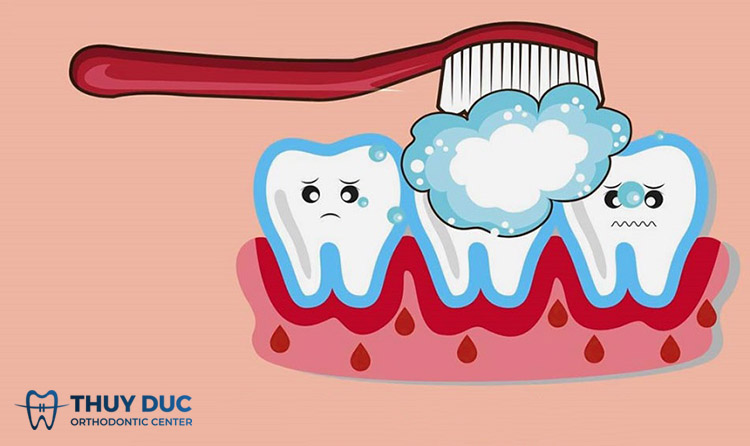
The question that many people are interested in recently is: Should you brush your teeth if you have dengue fever? Any impact? In fact, this depends on each person’s health condition.
– If you have mild dengue fever, early detection, early treatment, and no serious complications such as bleeding gums, you can still brush your teeth normally. However, if you feel your health is weak and your body is tired, shorten the brushing time and use mouthwash to clean plaque.
– If you have more severe dengue fever and have signs of bleeding gums, you should not brush your teeth. Because brushing your teeth at this time can cause more damage to your teeth. The force from the brush will increase irritation to the oral mucosa.
To be sure, according to your doctor’s advice, you need to monitor your platelet count daily. If the platelet count is high and guaranteed, the patient can still brush their teeth as usual. If the number of platelets per unit of blood is too low, limit this action.
4. How to safely clean your teeth when you have dengue fever
Dengue fever usually lasts 7-10 days with many complicated developments. During this period, if you still want to keep your teeth safe and clean, follow the instructions below:
– Carefully monitor your health condition. If you feel the pain is getting worse or your gums are bleeding, you should not brush your teeth. Instead, use soft gauze with 0.9% salt water or regular mouthwash several times a day.
– When brushing your teeth at this time, choose a small toothbrush with soft bristles. Brush your teeth gently, absolutely do not rub too hard on the oral mucosa.
– Consult your doctor’s advice on when is the best time to brush your teeth. Because doctors are the ones who best understand our body indicators.
5. How to care for and prevent dengue fever
Dengue fever has many different symptoms that lead to severe complications, so you need to pay attention to care and follow the instructions below.
How to care for dengue fever
– Prevent dehydration
First, dengue fever makes it easier for the patient to lose water through the sweat glands and urinary tract. When the body loses a large amount of water, the condition becomes more serious. You feel more uncomfortable, tired, lethargic, and sluggish. To prevent it, stay hydrated constantly by drinking filtered water and electrolytes.
When having a high fever, patients are encouraged to drink oresol, fruit juices from orange, lemon, grapefruit, coconut, kiwi, etc. to support health recovery and quickly strengthen antibodies. Note that you should not drink red juices such as watermelon, dragon fruit, and beetroot because it is difficult to distinguish from the symptoms of vomiting blood when the patient appears to vomit continuously.
You should not use dark water, water containing alcohol, chemical sugar such as Coca cola, Pepsi, coffee, wine, beer, etc. These products are harmful and can easily make the patient drain faster.
If the patient cannot drink water for many reasons, the doctor will administer intravenous fluids to replenish water and replace lost fluids. However, 0.9% NaCl solution should not be infused because the salt in the solution can cause more severe dehydration. Patients are also not allowed to arbitrarily inject fluids at home without receiving support from medical staff.
– Pain relief and fever reduction
During the period of sudden, continuous high fever from 39-40 degrees Celsius, symptoms of pain, numbness in the limbs and body aches appear, the patient can use the fever-reducing and pain-relieving drug Paracetamol according to Exact dosage as prescribed by the doctor. Do not overdose as it will cause side effects.
– Blood transfusion, platelet supplement
In cases where the patient’s platelet count continuously decreases, causing severe blood loss, doctors perform treatments to maintain blood volume and stabilize platelets. For example, blood transfusion or platelet supplementation can limit blood clotting and excessive blood loss.
– Rest and monitor regularly
When you have dengue fever, your physical condition falls into a state of exhaustion, fatigue, and pain. Rest, relax, limit exercise or only do light exercise. Because vigorous exercise can easily stimulate excessive blood circulation, making bleeding more serious.
You should wear cool, loose, sweat-absorbent clothes when the amount of sweat excreted is quite large. Stuffy clothes will affect the patient’s fever.
In addition, minimize bathing and only bathe when absolutely necessary. Instead, use a warm, soft towel to cool down and keep your body clean. If the fever is above 38.5 degrees Celsius, you should cover the groin and armpits with a towel to lower body temperature. Family members need to regularly measure the patient’s body temperature to prevent high fever and promptly take the patient to a medical facility.
– Scientific nutrition regimen
The body with dengue fever is very tired so it needs to supplement necessary nutrients. It requires all 4 basic nutrient groups:
- Protein: Found in meat, fish, eggs,…
- Starch: Found in rice, vermicelli, vermicelli, potatoes, corn,…
- Minerals: Found in vegetables, tubers, fruits,…
- Fat: Found in oils, fats,…
The top priority dishes at this time are: porridge, vermicelli, vermicelli, soup, milk, yogurt, broccoli soup, spinach soup, citrus fruits (oranges, lemons, tangerines, grapefruits). Or squeeze and drink coconut water (supplement electrolytes, etc.).
Patients should limit their intake of foods containing fat, avoid spicy, sour, and fried foods because they are difficult to digest. Increase green vegetables and fruits, pay attention to eating cooked food, drinking boiled water, and ensure food hygiene and safety.
How to prevent dengue fever
When the dengue fever epidemic situation is very stressful, each person needs to raise awareness of disease prevention. This helps protect the health of yourself and your family.
– Please check and kill larvae in domestic water containers. Regularly clean the basin, close the lid of the tank and water containers, and release fish to kill the larvae.
– Change the water regularly in flower vases, drop salt or larvicidal chemicals into the water bowl at the foot of the cupboard, aquarium, rockery, refrigerator waste water tray, etc.
– Remove waste materials, natural water holes, and turn unused water containers upside down to avoid mosquitoes from laying eggs.
– Everyone needs to sleep under mosquito nets even during the day, wear long-sleeved clothes, use mosquito spray, mosquito scent, mosquito repellent cream, electric mosquito rackets, etc. to kill and prevent mosquito bites.
– Coordinate with the health sector in campaigns to kill larvae/larvae and spray chemicals to prevent and control epidemics.
– If you detect symptoms such as sudden high fever, body fatigue, etc., go to a medical facility immediately for examination and treatment advice. Do not self-treat at home.
So, you have found the answer to the problem: Should you brush your teeth if you have dengue fever? This depends on each person’s health condition. Hopefully during the epidemic season, everyone will increase their vigilance and protect their bodies well.
If you have any questions or concerns regarding dental care at this time, please contact HOTLINE 093.186.3366 – 086.690.7886 or register for a consultation (no fee) with a doctor. Thuy Duc dentistry for the earliest support REGISTER
